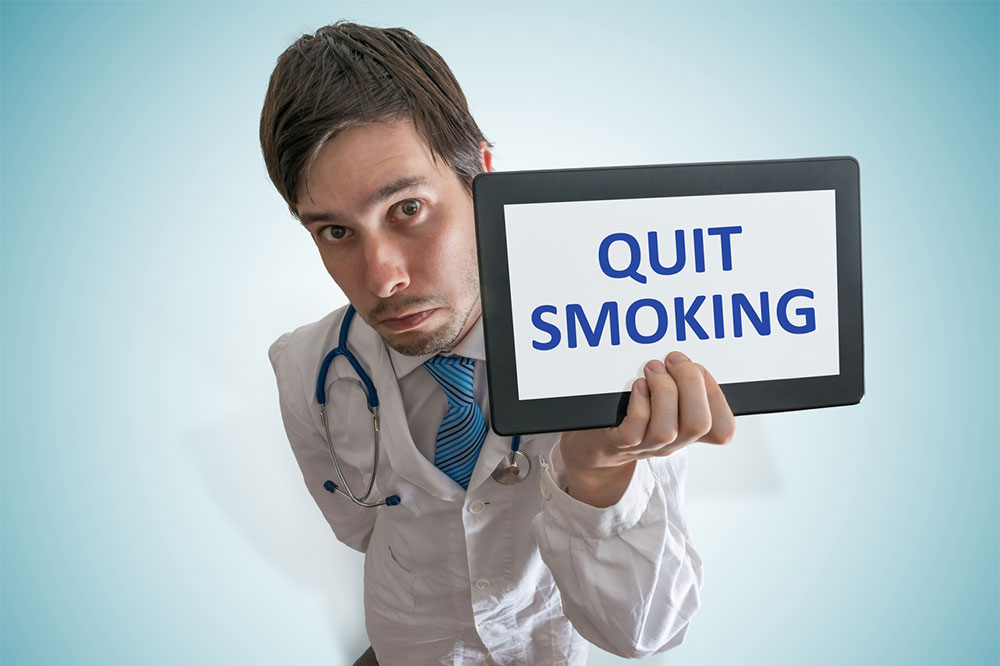Comprehensive Guide to Managing Hypertension Effectively
This comprehensive article explores effective strategies for managing hypertension, emphasizing lifestyle changes such as regular exercise, a nutritious diet, stress management, and routine monitoring. By integrating these proven methods, individuals can control high blood pressure naturally and improve overall cardiovascular health. The guide provides practical tips suitable for those with hypertension or at risk, highlighting the importance of discipline and consistency in achieving long-term health benefits and preventing severe health complications.

Comprehensive Guide to Managing Hypertension Effectively
High blood pressure, commonly referred to as hypertension, is a pervasive health issue that affects millions of people worldwide. It is often caused by a combination of lifestyle factors, eating habits, stress levels, and genetic predispositions. Managing hypertension is crucial because if left unchecked, it can lead to severe health complications such as heart disease, stroke, kidney failure, and other serious conditions. Fortunately, there are scientifically backed strategies and lifestyle modifications that can help control and even prevent high blood pressure, improving overall health and quality of life.
In this comprehensive guide, we will explore effective and practical methods to manage hypertension effectively. Whether you are already diagnosed or looking to maintain healthy blood pressure levels proactively, understanding and implementing these tips can make a significant difference in your long-term health outcomes.
Regular Physical Activity: A Cornerstone of Hypertension Management
One of the most important lifestyle changes for controlling high blood pressure is engaging in consistent physical activity. Regular exercise helps improve cardiovascular health, promotes healthy weight management, and enhances blood vessel flexibility, all of which are beneficial for maintaining normal blood pressure levels.
Individuals should aim for at least 150 minutes of moderate-intensity aerobic exercise per week. Activities such as brisk walking, cycling, swimming, jogging, or dancing can be easily integrated into daily routines. For some, starting gradually by walking for 10-15 minutes daily and increasing duration and intensity over time can lead to sustainable habits. Exercise not only helps reduce weight but also lowers systolic and diastolic blood pressure readings, significantly decreasing the risk of cardiovascular complications.
Alongside aerobic activities, incorporating strength training and flexibility exercises can provide additional health benefits. Always consult with a healthcare provider prior to starting any new exercise regimen, especially if you have pre-existing health conditions.
Adopt a Heart-Healthy and Nutrient-Rich Diet
Diet plays a pivotal role in managing hypertension. Consuming a balanced diet rich in fruits, vegetables, whole grains, lean proteins, nuts, and seeds can support healthier blood pressure levels. A diet low in sodium (salt) is essential because excess salt intake is linked to increased blood pressure. Experts recommend limiting sodium consumption to less than 2,300 milligrams per day, and ideally aiming for under 1,500 milligrams per day for most adults.
Replacing processed foods, fast foods, and salty snacks with fresh, whole foods can significantly reduce sodium intake. Incorporate potassium-rich foods such as bananas, sweet potatoes, spinach, and avocados, as potassium helps counteract sodium’s effects and supports healthy blood pressure. Magnesium-rich foods like nuts, seeds, and dark chocolate also contribute to vascular health.
Emerging research suggests certain natural remedies can aid in hypertension control. Dried hibiscus tea, for instance, has demonstrated blood pressure-lowering effects in various studies. Additionally, omega-3 fatty acids found in fish oil support heart health and reduce blood pressure. Maintaining hydration by drinking adequate water throughout the day is equally important.
Managing Stress and Promoting Mental Well-Being
Chronic stress is a significant contributor to high blood pressure. When stressed, the body releases hormones like adrenaline and cortisol, which temporarily increase blood pressure. Over time, persistent stress can lead to sustained hypertension.
Practicing relaxation techniques such as yoga, meditation, deep breathing exercises, and mindfulness can substantially reduce stress levels. These practices help calm the nervous system, decrease anxiety, and promote physical relaxation. Incorporating stress management into daily routines can result in noticeable improvements in blood pressure readings.
Physical activity and adequate sleep also play vital roles in stress reduction. Ensuring 7-9 hours of quality sleep per night helps regulate hormonal balance and maintains healthy blood pressure levels.
Additional Lifestyle Tips for Hypertension Control
Limit alcohol consumption: Excessive alcohol intake can elevate blood pressure and negate other healthy lifestyle efforts.
Avoid tobacco: Smoking or using other tobacco products temporarily raises blood pressure and damages blood vessel walls.
Monitor your blood pressure regularly: Keeping track of your blood pressure at home helps you and your healthcare provider identify trends and adjust management strategies accordingly.
Maintain a healthy weight: Excess weight increases the workload on the heart and blood vessels. Weight loss through diet and exercise can have profound effects on blood pressure.
Implementing these lifestyle modifications requires commitment, discipline, and consistency. Remember, small but sustained changes can lead to significant health benefits over time. Always consult with your healthcare provider before making major changes to your diet, exercise, or medication plans.
In conclusion, managing hypertension is achievable through a combination of physical activity, a healthy diet, stress management, and routine health monitoring. Proactive lifestyle choices not only help control blood pressure but also contribute to overall well-being, longevity, and reduced risk of cardiovascular disease. Embrace these strategies today to pave the way for a healthier, happier life.





